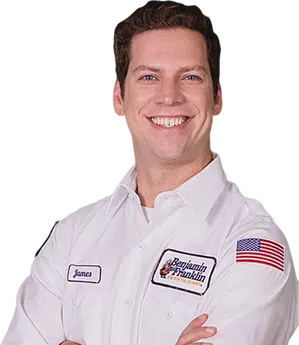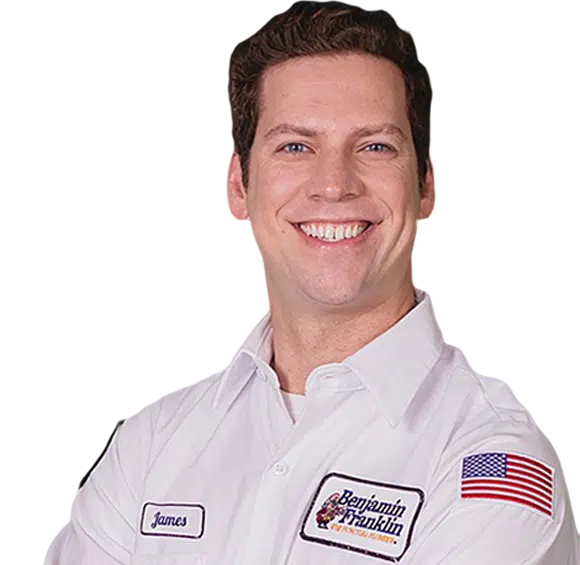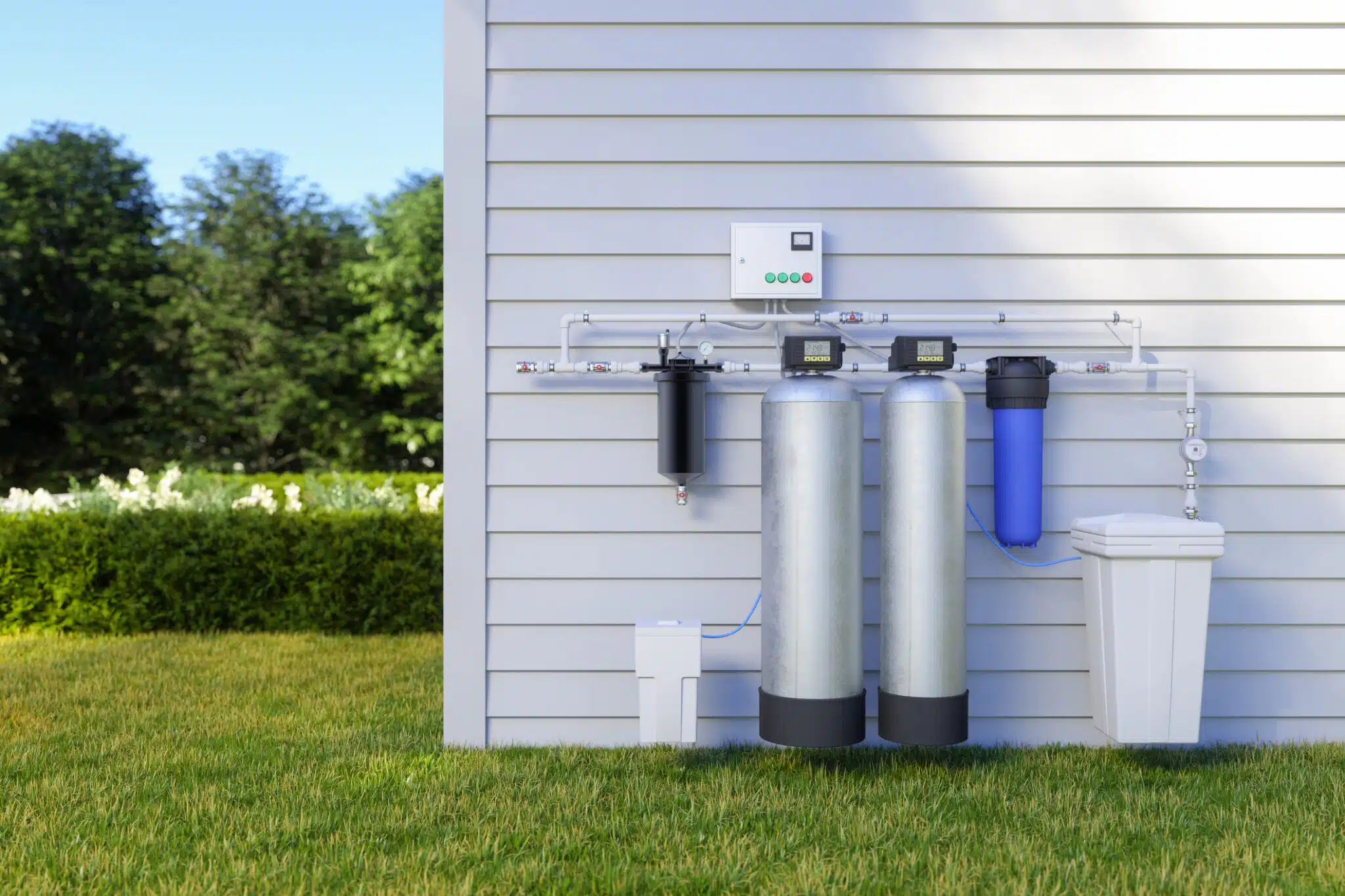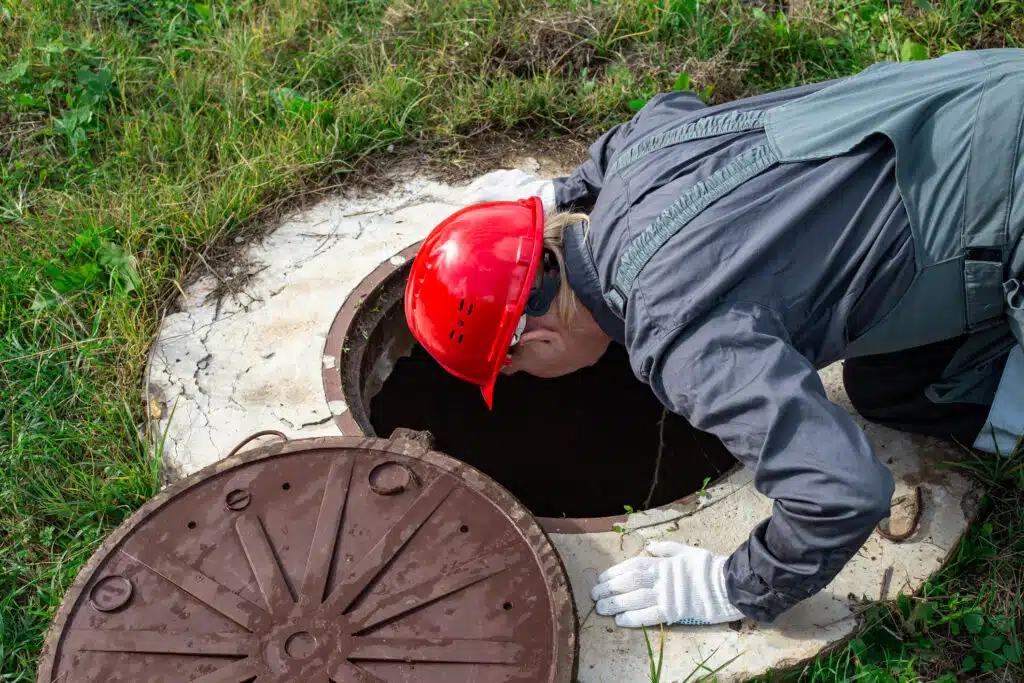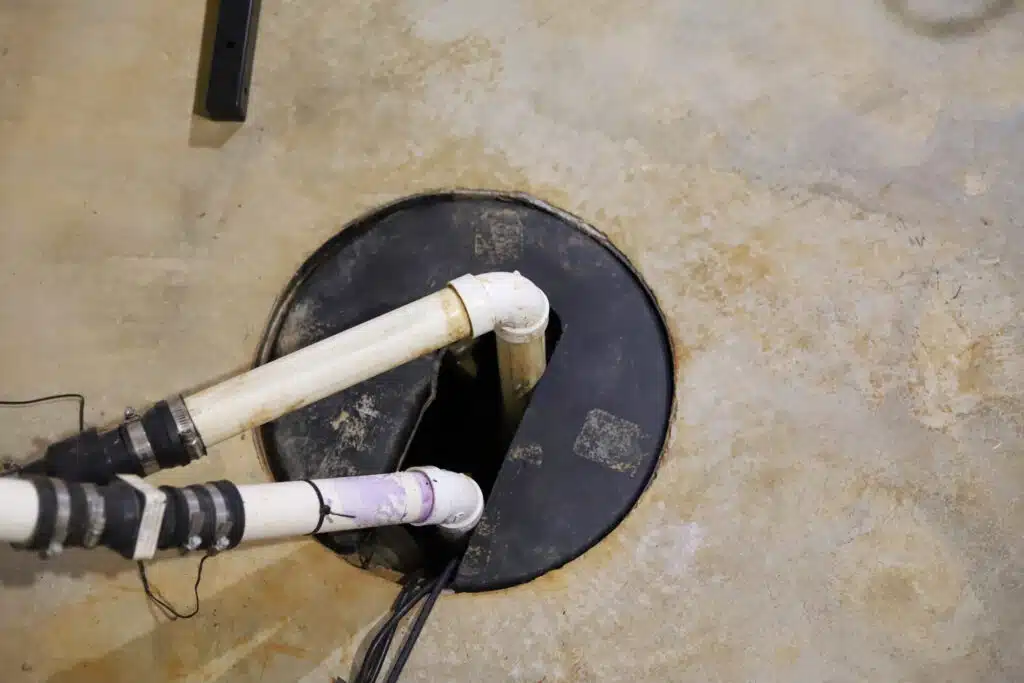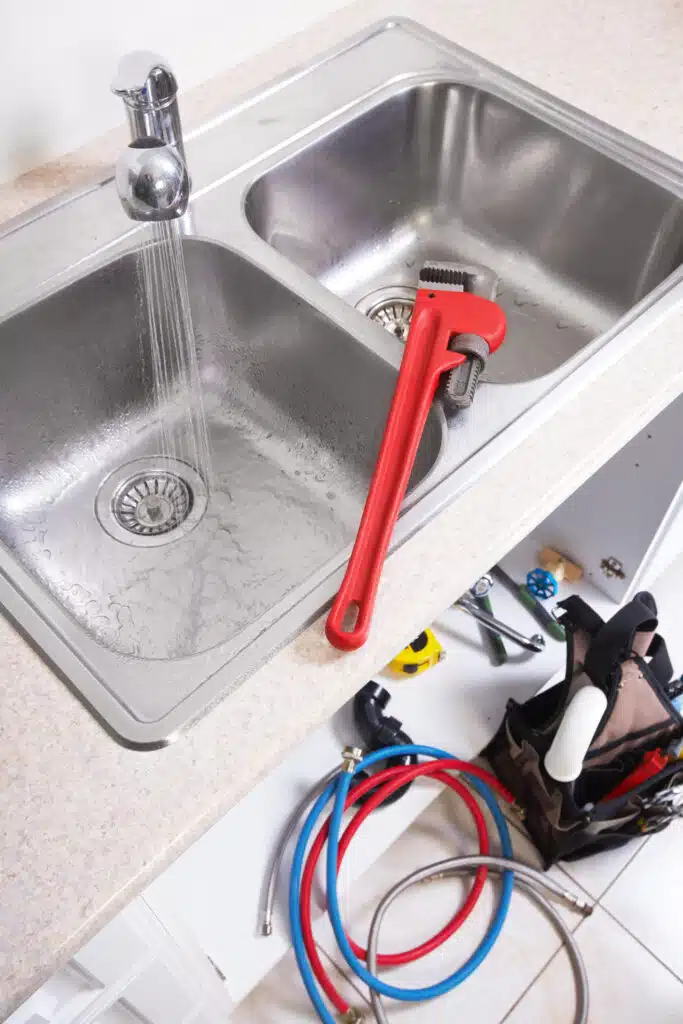If your tap water has an odd taste or smell, water purification systems could be the answer. These systems filter out contaminants, ensuring your water is clean and safe for drinking, cooking, and bathing. The benefits of Water Purification Systems are:
- Healthier Water: Filters bacteria, viruses, chemicals, and heavy metals.
- Better Taste: Removes chlorine and other impurities that affect flavor.
- Protects Appliances: Prevents mineral buildup in household appliances.
- Customizable: Choose from whole house, under-sink, or countertop options to suit your needs.
A water purification system is a simple way to improve your home’s water quality and safeguard your health.
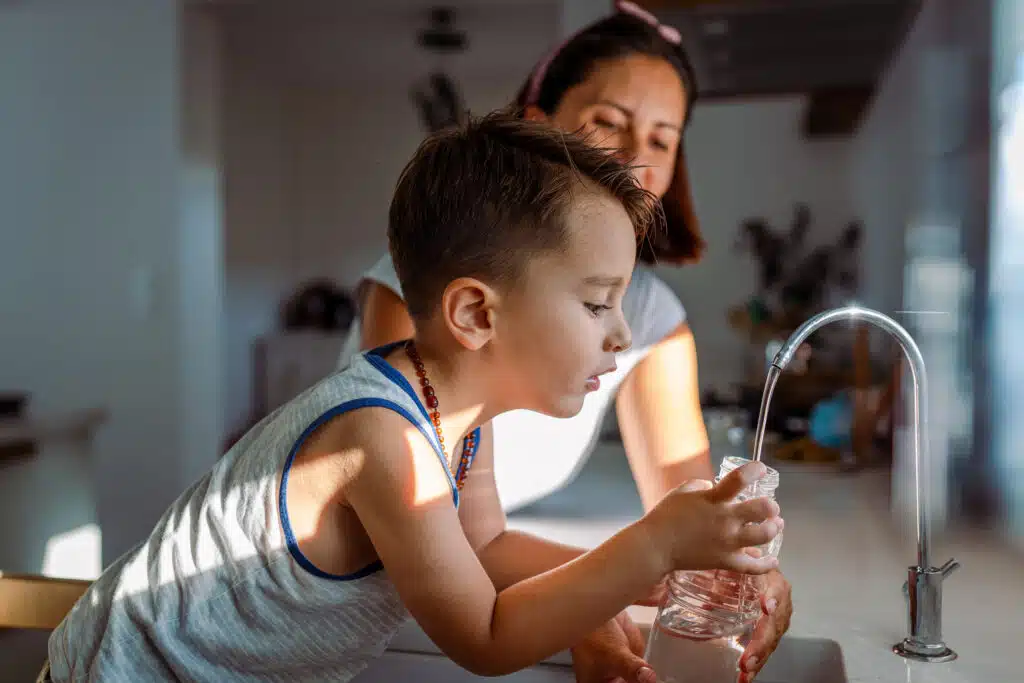
Ever noticed odd tastes or smells in your tap water? It’s not just you—many of us deal with water that’s less than perfect. That’s where water purification systems step in. These systems are designed to filter out the bad stuff, making sure every sip, shower, and wash is clean and safe.
Whether you’re in Lancaster, PA, York, PA, or Harrisburg, PA, having pure water is more than just a nice-to-have—it’s essential for a healthy home. Let’s explore why water purification matters and how it works!
Why is Clean Water Important?
Clean water is something we often take for granted, but it’s crucial for our health and well-being. Without clean water, we risk exposing ourselves to harmful contaminants that can cause serious health issues.
Drinking or cooking with contaminated water can lead to stomach problems, skin irritations, and even more severe illnesses if harmful bacteria or chemicals are present.
In places like Lancaster, PA, York, PA, and Harrisburg, PA, the water quality can vary, and issues like agricultural runoff or outdated pipes can introduce unwanted pollutants into your tap water.
Clean water isn’t just about avoiding sickness—it’s also about enjoying the simple things, like a refreshing glass of water that tastes good and is free from strange odors.
Having access to clean water also protects our household appliances, like dishwashers and washing machines, from buildup and damage caused by minerals or sediments.
This not only keeps our homes running smoothly but also saves money in the long run by reducing repair costs. Simply put, clean water is key to a healthier, happier life for you and your family.
Common Contaminants Found in Water
Water that looks clear isn’t always as clean as it seems. Many hidden contaminants can sneak into our water supply, making it less safe to drink.
From bacteria and chemicals to heavy metals, these contaminants can pose serious health risks. Understanding these common contaminants helps us see why water purification systems are so important.
Bacteria and Viruses
Bacteria and viruses are some of the most dangerous contaminants found in water. These tiny, invisible organisms can cause illnesses like stomach infections, diarrhea, and even more severe conditions.
Common culprits include E. coli and norovirus, which can enter your tap water from poorly treated sources. Purifying your water helps eliminate these harmful germs, making it safe to drink and use.
Chemicals and Pesticides
Chemicals and pesticides can enter our water from agricultural runoff, industrial waste, or even household products. These contaminants include chlorine, which is used to disinfect water but can leave a bad taste, as well as pesticides and herbicides that can seep into the water supply.
Prolonged exposure to these chemicals can be harmful to our health, making it important to remove them from your drinking water. A good water purification system can help filter out these unwanted substances.
Heavy Metals
Heavy metals like lead, mercury, and arsenic can make their way into your tap water through old pipes and industrial pollution. Even small amounts of these metals can be dangerous, especially over time, causing problems like kidney damage or developmental issues in children.
Lead is particularly concerning in older homes where plumbing systems may be outdated. Using a water purification system can effectively reduce these risks, ensuring your water is free of harmful metals.
How Water Purification Systems Work
Water purification systems use a variety of methods to remove contaminants and make water safe for drinking. Each method targets specific impurities, so the right system depends on the types of contaminants in your water.
Whether it’s through filtering, UV light, or reverse osmosis, these systems work hard to provide you with clean, healthy water. Let’s take a closer look at how these different purification methods function.
Filtration
Filtration is one of the most common methods used in water purification systems. It works by physically trapping particles and impurities as water passes through a filter made of materials like carbon or ceramic.
This method is great for removing larger contaminants, such as dirt, rust, and some chemicals. Filtration can also help improve the taste and odor of your water, making it much more enjoyable to drink.
HUV Purification
UV purification uses ultraviolet light to kill bacteria, viruses, and other microorganisms in the water. As water flows through the system, it is exposed to UV light that disrupts the DNA of harmful germs, rendering them harmless.
This method is effective at disinfecting water without adding any chemicals, making it a great option for households worried about microbial contamination. However, it doesn’t remove chemicals or heavy metals, so it’s often used alongside other purification methods.
Reverse Osmosis
Reverse osmosis is a powerful purification process that removes a wide range of contaminants, including heavy metals, chemicals, and bacteria. It works by forcing water through a semipermeable membrane, which acts like a super-fine filter. Only pure water molecules can pass through, leaving impurities behind.
This method is highly effective at providing clean, safe drinking water, but it can be slower than other methods and requires regular maintenance to keep the system running smoothly.
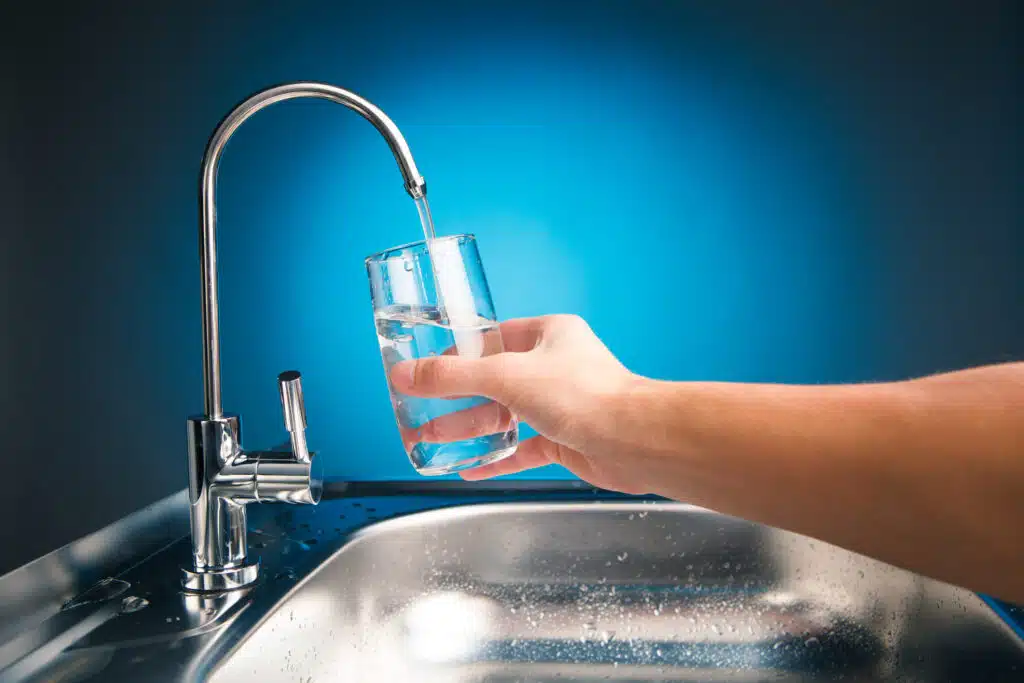
Benefits of Using Water Purification Systems
Installing a water purification system in your home offers more than just clean water—it brings a range of benefits that can improve your daily life. From better-tasting water to protecting your health and appliances, these systems provide peace of mind knowing your water is safe. Let’s explore some of the key benefits of having a water purification system in place.
Better Taste and Smell
One of the most noticeable benefits of a water purification system is the improvement in the taste and smell of your water. Unfiltered water can sometimes have a chlorine taste, or even worse, a metallic or earthy smell due to contaminants.
Purification systems remove these unwanted elements, leaving you with fresh, clean water that tastes great straight from the tap. This makes a big difference, especially when drinking water or making coffee, tea, or even cooking meals.
Healthier Drinking Water
Healthier drinking water is another major advantage of using a water purification system. By filtering out harmful contaminants like bacteria, heavy metals, and chemicals, these systems ensure that the water you consume is safe.
Clean water reduces the risk of health issues such as stomach infections, skin irritations, and long-term exposure to toxic substances. It’s a simple yet effective way to protect your family’s health every day.
Protecting Household Appliances
Water purification systems don’t just benefit you—they also help protect your household appliances. Hard water with minerals like calcium and magnesium can cause buildup in appliances such as dishwashers, washing machines, and even coffee makers.
This can lead to reduced efficiency, frequent repairs, and a shorter lifespan for your appliances. By purifying your water, you can prevent these issues, saving money and extending the life of your home appliances.
Types of Water Purification Systems
Choosing the right water purification system for your home depends on your specific needs and the quality of your water. There are several types of systems available, each designed to tackle different kinds of contaminants and suit various household setups. Let’s explore the most common types of water purification systems and how they can benefit your home.
Whole House Systems
Whole house systems, also known as point-of-entry systems, purify water as it enters your home. This means every faucet, shower, and appliance gets filtered water, providing comprehensive protection from contaminants.
These systems are ideal for homes in areas with high levels of sediment, chlorine, or other widespread water quality issues. While they can be more expensive upfront, they offer the convenience of clean water throughout your entire home.
Under-Sink Systems
Under-sink systems are a popular choice for those looking to improve the quality of water in the kitchen. These systems are installed directly under the sink and are designed to filter water at the point of use, typically for drinking and cooking.
They are compact, easy to install, and can effectively remove a variety of contaminants, including chlorine, lead, and bacteria. Under-sink systems are a great option if you want clean drinking water without the need to filter every drop in your house.
Countertop and Pitcher Filters
Countertop and pitcher filters are the simplest and most affordable water purification options. These systems are easy to set up and use, requiring no installation—just fill them up and let the filter do its job.
They are perfect for renters or those on a budget who want a quick and easy way to get cleaner water. While they may not remove as many contaminants as other systems, they do a good job of improving taste and reducing common impurities like chlorine and sediment.
How to Choose the Right Water Purification System
Picking the right water purification system can feel overwhelming with so many options available, but it doesn’t have to be. The best system for your home depends on several factors, including the size of your household, the quality of your water, and your budget. Here’s a simple guide to help you make the right choice for your needs.
Factors to Consider: Size, Water Quality, and Budget
Choosing the right water purification system for your home involves considering several key factors to ensure it meets your needs effectively. Here’s what to keep in mind:
- Size of Your Household: Consider how many people are in your home. Larger families might benefit from a whole house water purification system, which provides clean water throughout the entire house. Smaller households might do well with an under-sink or countertop filter that focuses on drinking and cooking water.
- Water Quality: Start by testing your water to identify what contaminants are present. If you have issues with hard water, chemicals, or bacteria, you’ll need a system that targets those specific problems. Choose a water purification system that effectively addresses the contaminants found in your water.
- Budget: Think about how much you’re willing to spend on a water purification system. Whole house systems are a bigger investment but offer comprehensive coverage, making them ideal for families that want all-around clean water. If you’re on a tighter budget, pitcher filters or countertop systems are affordable options, though they may not be as powerful.
Taking these factors into account will help you select a water purification system that fits your needs and ensures you and your family enjoy clean, safe water every day.
When to Consult a Professional
If you’re unsure about which system to choose or how to install it, consulting a professional can save you time and ensure you get the best results.
A water quality expert can help you understand the specific needs of your home and recommend the best system for you. They can also handle installation and maintenance, giving you peace of mind that your system is working correctly.

Maintenance Tips for Water Purification Systems
To keep your water purification system running smoothly and ensure it continues to provide clean, safe water, regular maintenance is key. Proper care not only extends the life of your system but also ensures it operates efficiently, saving you money in the long run. Here are some simple tips to help you maintain your water purification system.
- Regular Filter Changes: One of the most important maintenance tasks is changing the filters regularly. Filters trap contaminants, and over time, they can become clogged and less effective. How often you need to change your filter depends on your system type and usage, but a good rule of thumb is to check your filters every three to six months. Always follow the manufacturer’s recommendations to keep your water clean and your system working properly.
- Checking the System for Proper Function: Regularly inspect your water purification system for any signs of wear, leaks, or damage. Look for any changes in water flow or pressure, as these could indicate a clog or other issues. Some systems have indicator lights or alarms to let you know when something needs attention. Keeping an eye on these signs can help you catch problems early before they become bigger, more costly repairs.
- Scheduling Professional Maintenance: For more complex systems, like whole house units or reverse osmosis setups, it’s a good idea to schedule professional maintenance once a year. A professional can thoroughly inspect the system, replace hard-to-reach filters, and ensure that all components are functioning correctly. This extra step can help prolong the life of your system and keep your water as pure as possible.
By staying on top of these maintenance tasks, you’ll ensure that your water purification systems continue to deliver clean, safe water for years to come.
Ready for Cleaner Water in Your Home?
Don’t wait until water issues become a problem! At Benjamin Franklin Plumbing of Lancaster, we specialize in installing top-notch water purification systems tailored to your needs in Lancaster, PA, York, PA, and Harrisburg, PA.
Our expert team can help you choose the right system to ensure your family has access to clean, safe, and great-tasting water. Contact us today to schedule your consultation and start enjoying better water quality!
FAQ’s About Water Purification Systems
What types of contaminants can the water purification systems remove?
Water purification systems can remove a variety of contaminants, including bacteria, viruses, chemicals, pesticides, heavy metals, and sediments. The exact contaminants removed depend on the type of system you choose, such as filtration, UV purification, or reverse osmosis.
How often should I change the filters in my water purification systems?
The frequency of filter changes depends on the type of system and how much water you use. Generally, it’s recommended to check and replace filters every three to six months. Regular maintenance of water purification systems is key to keeping your water clean and safe, so always follow the manufacturer’s guidelines for the best results.
Do I need a whole house water purification system or just a drinking water filter?
It depends on your water quality and your needs. A whole-house water purification system is great for providing clean water throughout your home, especially if you have concerns about sediment, chlorine, or hard water. If your primary concern is drinking water, an under-sink or countertop water purification system might be sufficient and more cost-effective.
Is professional installation necessary for water purification systems?
While some water purification systems, like pitcher filters or basic countertop models, can be easily installed on your own, more complex systems like whole house units or under-sink setups might require professional installation. This ensures your water purification systems work correctly and efficiently, giving you peace of mind.
Can water purification systems improve the taste of my water?
Yes, one of the most immediate benefits of a water purification system is better-tasting water. By removing chlorine, sediments, and other contaminants, water purification systems can significantly improve the taste and smell of your tap water, making it much more enjoyable to drink and use for cooking.

